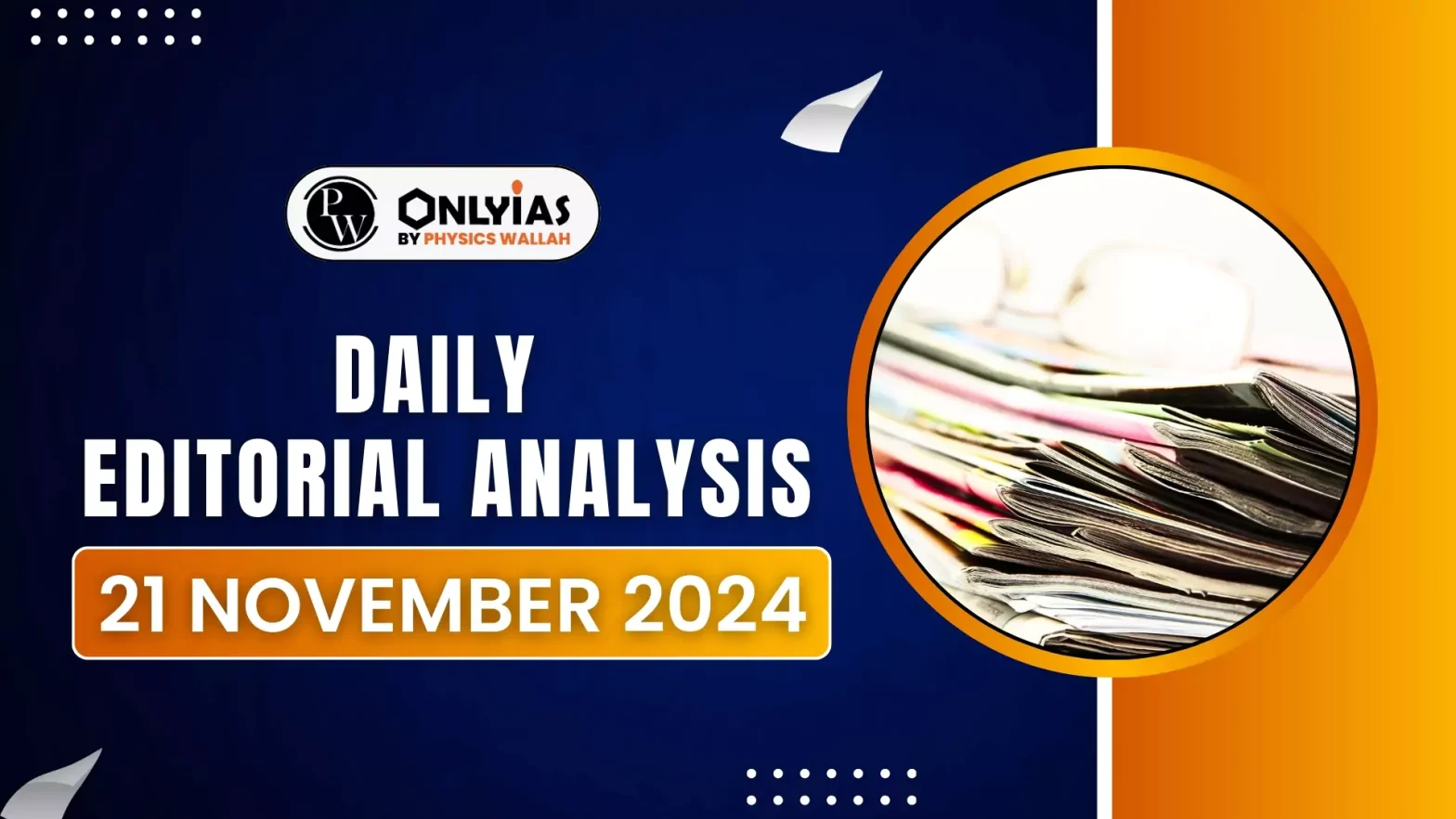Sri Lanka’s recent political shift, following the National People’s Power’s (NPP) decisive electoral victory, marks a major overhaul driven by economic crisis, public unrest, and demands for reform, reshaping Srilankan political landscape.
Electoral Victory and Power Shift
The NPP, led by President Anura Kumara Dissanayake, secured a decisive victory in the 2024 parliamentary elections.
- NPP won 159 of 225 seats, capturing 61.6% of the vote, following Dissanayake’s presidential victory in September 2024.
- The main opposition, Samagi Jana Balawegaya (SJB), dropped to 40 seats (17.7% vote share).
- Former ruling parties suffered massive losses: Ranil Wickremesinghe’s party secured just 5 seats (4.5%), and the Rajapaksa-led party won only 3 seats (3.1%).
Enroll now for UPSC Online Classes
Historic Significance
- This marks the most significant political overhaul in Sri Lanka since its independence, comparable to the 1977 election during a global economic downturn.
- The NPP’s victory is historic, as it’s the first time a national party has won in Tamil-majority districts in the Northern Province.
- The election also saw the election of three women from the hill country Tamil community, reflecting a shift toward more inclusive representation.
Factors Behind the Change
- The electoral shift was largely driven by Sri Lanka’s worst economic crisis since independence, which led to widespread public protests and demands for a change in the political system.
- Sri Lanka was forced to seek help from the IMF due to a severe financial crisis.
- The economic collapse also saw the collapse of established Tamil nationalist politics, particularly in the North, and growing dissatisfaction with diaspora-focused Tamil political parties.
Challenges Ahead for the NPP Government
- Economic Challenges:
- Managing the IMF program and ongoing debt restructuring, which includes implementing austerity measures.
- Addressing the aftermath of the country’s external debt default while keeping the economy afloat under stringent conditions and reforms imposed by international financial institutions.
- Political Reforms:
- The NPP has promised to abolish the executive presidency, a significant step in its reform agenda.
- It also plans to repeal the Prevention of Terrorism Act (PTA) and draft a new constitution, but this will require a two-thirds majority in Parliament.
- Addressing ethnic minority grievances, particularly those of Tamils, will be essential for maintaining national unity.
- While the NPP’s reform promises are ambitious, the government will need to navigate significant political and social challenges to implement them effectively.
Implications for India
- Sri Lanka’s political shift holds significant implications for India, particularly in the context of South Asian geopolitics.
- As a key neighbour and strategic partner, India will closely monitor Sri Lanka’s management of ethnic and political tensions, especially regarding the Tamil community, which shares historical and cultural ties with Tamil Nadu.
- The NPP government’s stance on Tamil issues and its approach to ethnic reconciliation will have a direct impact on regional stability, making it a critical area for India’s diplomatic engagement.
- Additionally, any shifts in Sri Lanka’s alignment with global powers could affect India’s regional security framework and its broader geopolitical strategies in the Indian Ocean region.
Check Out UPSC NCERT Textbooks From PW Store
Conclusion
While the NPP’s victory represents a transformative moment in Sri Lankan politics, the real test will lie in its ability to implement reforms, address economic challenges, and ensure national unity in the face of both domestic and international pressures.
![]() 21 Nov 2024
21 Nov 2024
